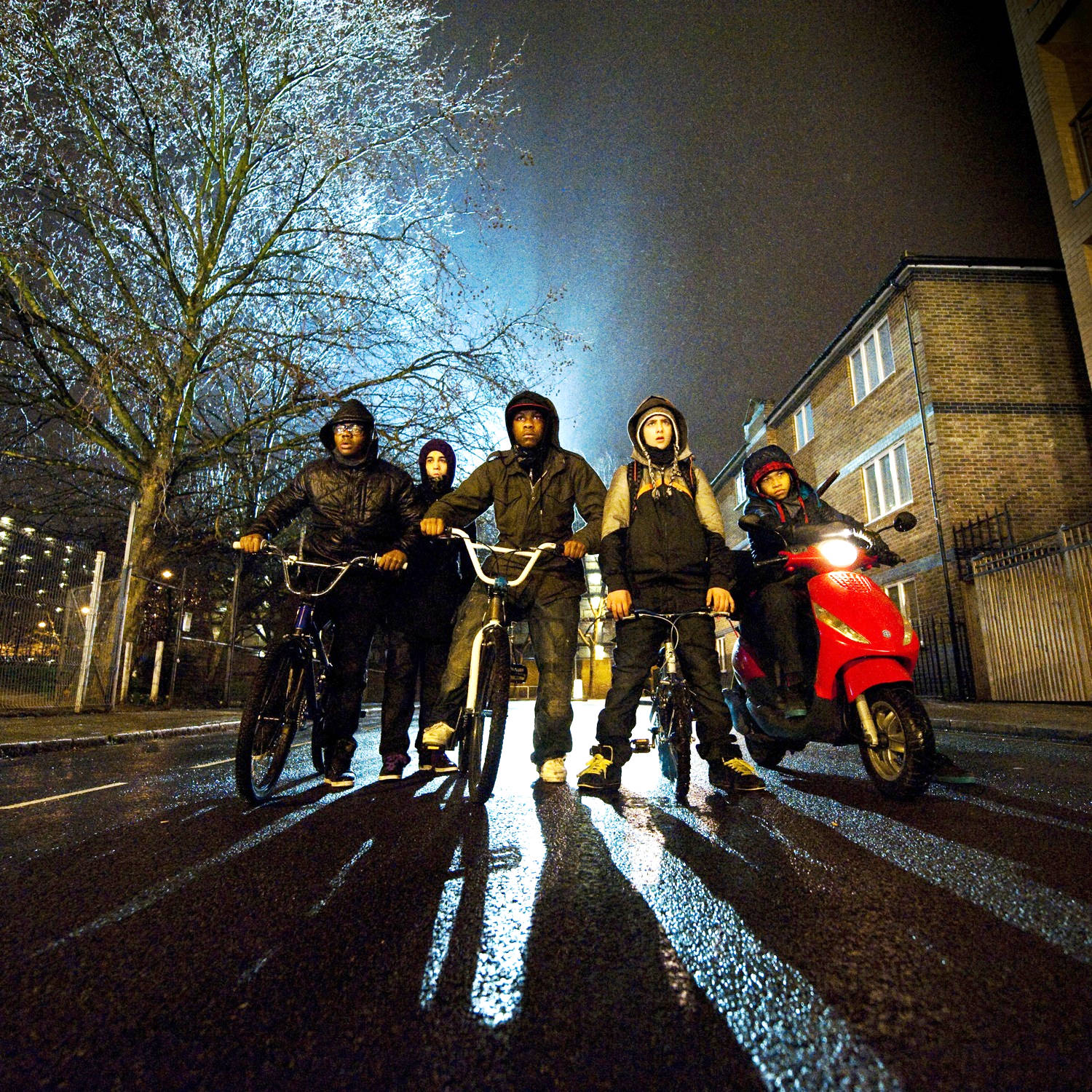 |
| Captain America: Source |
Longtime readers of this blog know that I love movies, both art house dramas and popcorn flicks, though my expectations tend to be considerably lower for the latter category. Captain America falls solidly into popcorn territory: American badassery at its finest, with buckles swashed and derring done.
Captain America starts out as Steve Rogers: a scrappy fighter with can-do gumption and lots of heart, whose feisty spirit is trapped in a puny little body as ill suited to acts of heroism as it is to leading-man status. Fortunately, for both the Allied forces and the modern moviegoer, he won't stay that way for long. Thanks to some fancy pseudoscience, the little man soon becomes a big man -- though he continues to fight for the Little Man against bullies of all stripes, and it's not long before he's taking on Hitler and the Fuhrer's psychotic colleagues.
That includes this guy, who at one point observes that "arrogance may not be a uniquely American trait, but I must say you do it better than anyone." And that's the thing about Captain America -- he's not arrogant, exactly -- though his enemies say otherwise. But he's proud and fierce and he doesn't give up. He follows his heart and he never compromises. Which is great in Nazi Germany and comic book climates where the boundaries between good and evil are clearly delineated with bold pen strokes.
Like the latest X-men movie, Captain America is set in wartime (the Cold War for the former, WWII for the latter) with U.S. interests juxtaposed against those of a menacing foreign ideology (communism and Naziism). But Captain America doesn't delve into the murky grey areas of morality that the X-men franchise has explored. Here, there are good guys (Allies) and bad guys (Nazis), and there's never any question of which side our heroes will choose -- only whether they'll be allowed to fight.
Because the Captain is initially kept off the front lines and his talents are channeled into fundraising, as he's encouraged to shill for U.S. war bonds and stir up patriotism at home. He's good at it -- of course he is -- but we all know he's destined for more than that.
Americans love a hero whose fight is clear. U.S. foreign policy, as I've observed before in this space, is often swayed by Wilsonian rhetoric toward Rooseveltian hard power politics. The American people may be leery of hard power ideology, but that doesn't mean they reject hard power altogether. And the comic book realm is a perfect example of this, with its emphasis both on letting might make right -- in the right ideological context.
Captain America is slated to appear next in an upcoming Avengers film, set in the present day, and it will be interesting to see how his ideology translates into the murkier Tony Stark era of double-dealing, where the lines between the public and the private sector are as fraught as those between the U.S. and its enemies ... whoever they may be.











